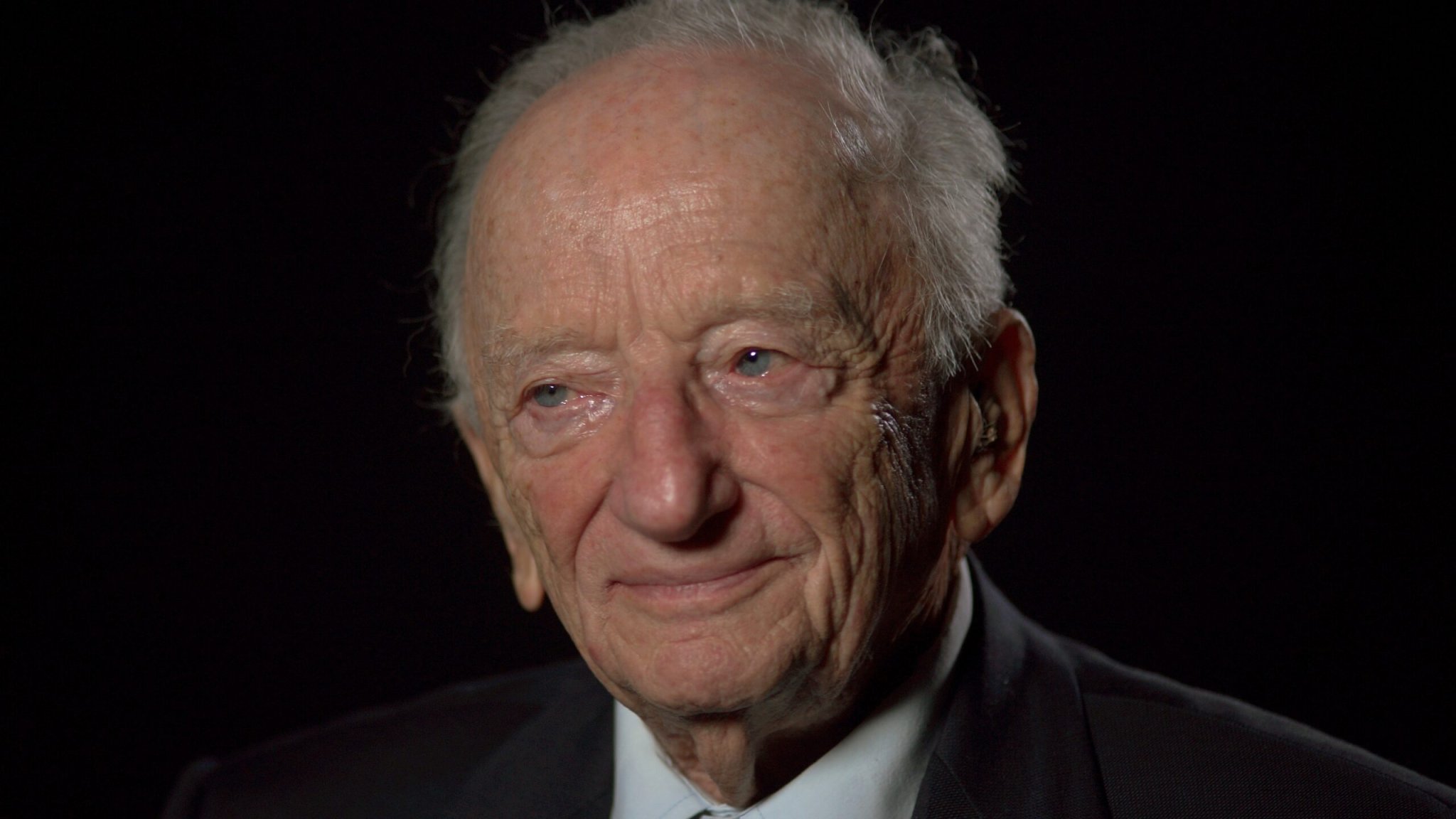

The last surviving prosecutor from the Nuremberg trials in Germany is dead. Ben Ferencz, a World War II U.S. Army soldier and Harvard Law School graduate was only 27 when he successfully prosecuted Nazi commanders for their roles in crimes against humanity during the war. Ferencz was 103.
The United States Holocaust Memorial Museum broke the news. Only recently out of the Army, Ferencz was the youngest member of the prosecution team of the subsequent Nuremberg trials in 1947. Despite his youth, at Nuremberg Ferencz was given the chief prosecution job in the case of 22 Nazis officers who commanded death squads that targeted Jews and minorities across Europe. They were charged with murdering more than 1 million people. It was his first trial.
Subscribe to Task & Purpose Today. Get the latest military news, entertainment, and gear in your inbox daily.
Born in Romania in 1920, he emigrated to the United States with his family. There he studied at Harvard Law School. After graduating, he enlisted in the military, joining the U.S. Army and training at Camp Davis. He started out as a typist, but ended up in artillery with the 115th AAA Gun Battalion. His unit was shipped out to Europe to take part in the Normandy landings on D-Day in 1944. When fighting reached the German border, Ferencz was transferred to the Third Army’s Judge Advocate Section to start looking for evidence of war crimes.
He left the Army in 1945, honorably discharged with the rank of sergeant. Not long after, he was asked to help with the next round of Nuremberg titles. He was given the rank of colonel and returned to Europe.
Ferencz drew on skills he had developed in the war for the trials, focusing on using documents and records to build his case.
During his Army service in Europe investigating war crimes, he came across multiple concentration camps and sites of mass death. He was horrified but had to work fast to preserve evidence. Ferencz later recounted what his work when searching the camps included.
“My first target on entering a concentration camp was always to secure the records of the camp. In the ‘Schreibstube,’ the camp office, I located the ‘Totenbucher,’ the death registries recording the names of inmates who had perished in the camp,” he wrote. “After each name, a date and cause of death was given. The reasons stated were obviously fictitious. There would be pages listing the same excuses: typhoid, or the popular ‘auf den flucht erschosssen’ — shot while trying to escape. The most accurate English translation of the causes of death would have been just plain ‘murdered.’”
All 22 Nazis were convicted. 13 were executed by hanging.
After Nuremberg he stayed in Germany for a few years, helping with legal matters in the aftermath of the war. Ferencz’s experiences at Nuremberg led him to push for years for a permanent international court to prosecute war crimes. It was finally created in 2002.
The latest on Task & Purpose
- Mike Day, Navy SEAL who survived being shot 27 times in Iraq, dies
- Army pulls ‘Be All You Can Be’ commercials after Jonathan Majors’ arrest
- Marine infantry veteran with Nashville police helped take down active shooter
- Army identifies 9 soldiers killed in dual Black Hawk crashes
- How a team of scientists are exploring the remnants of a World War II battlefield at Guam
